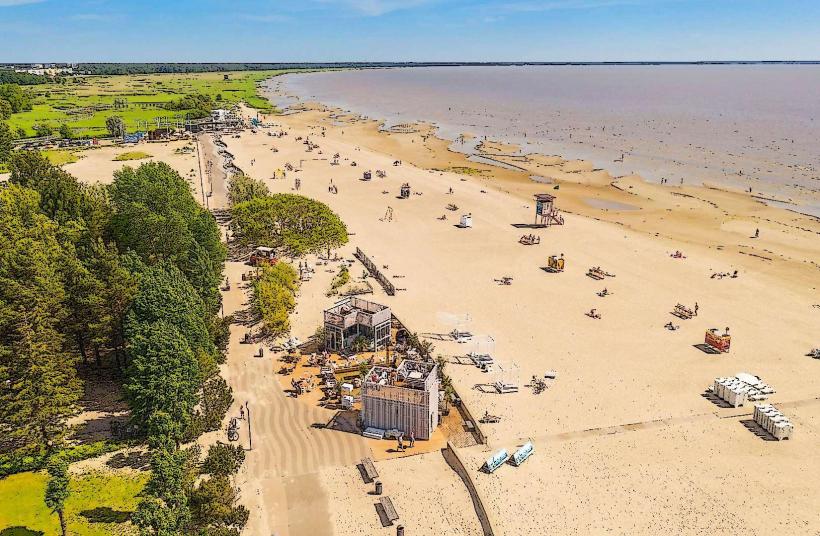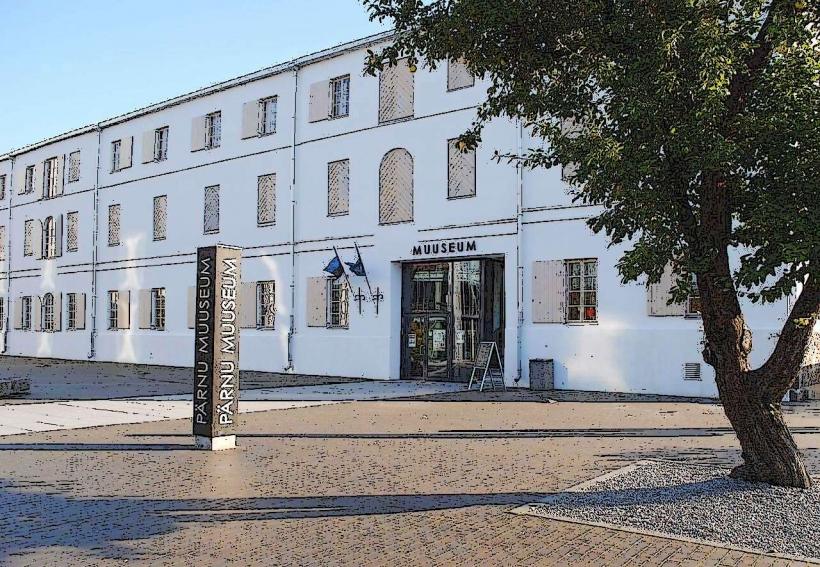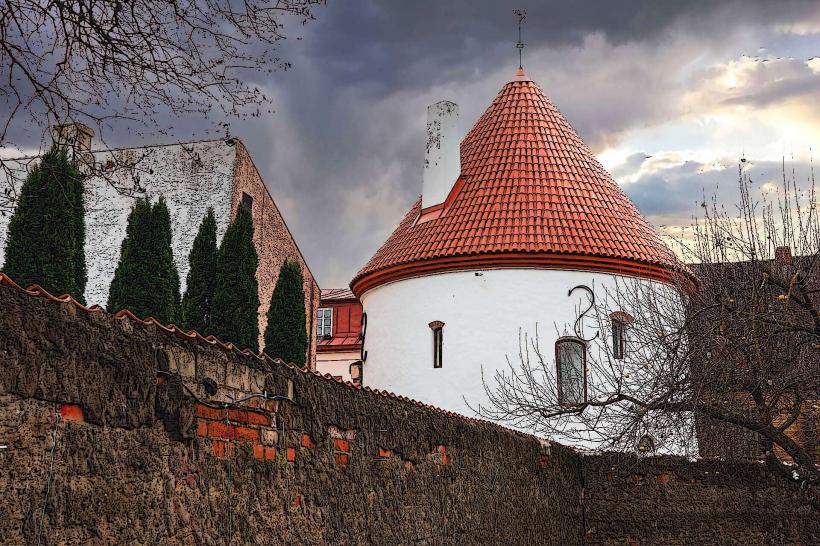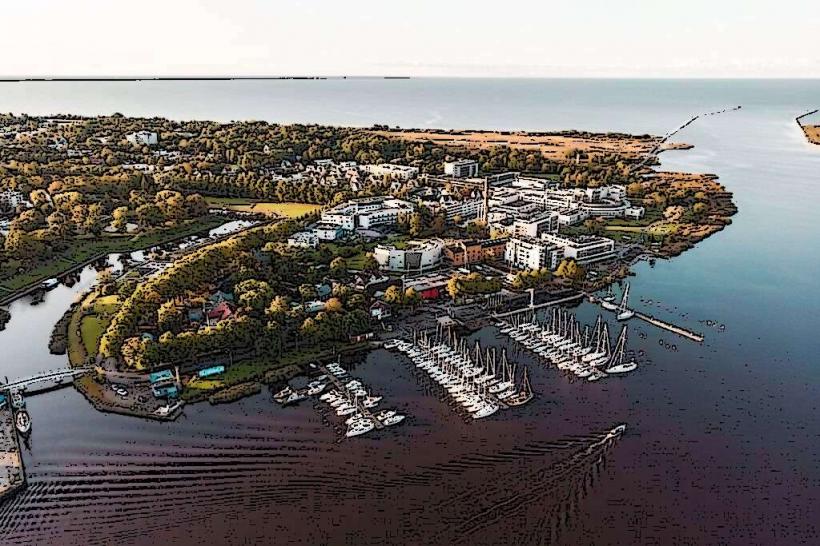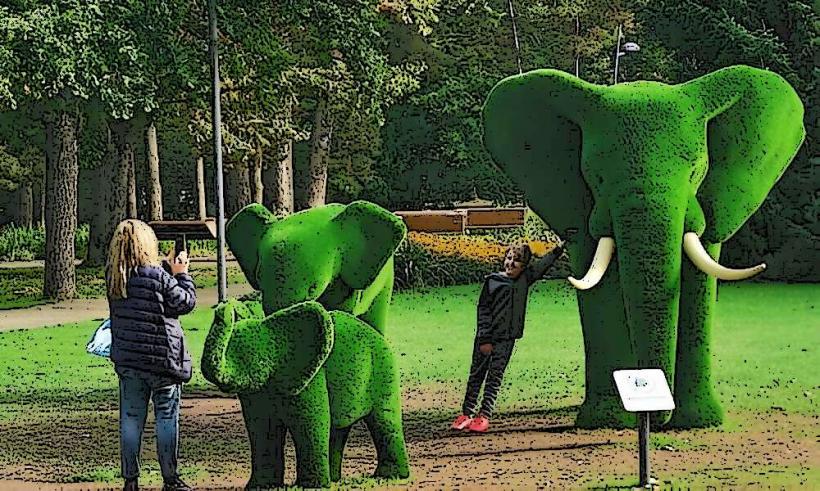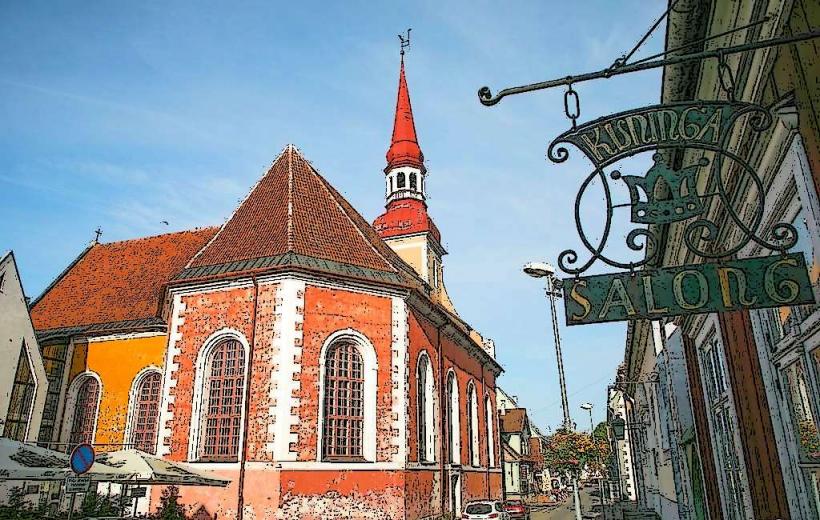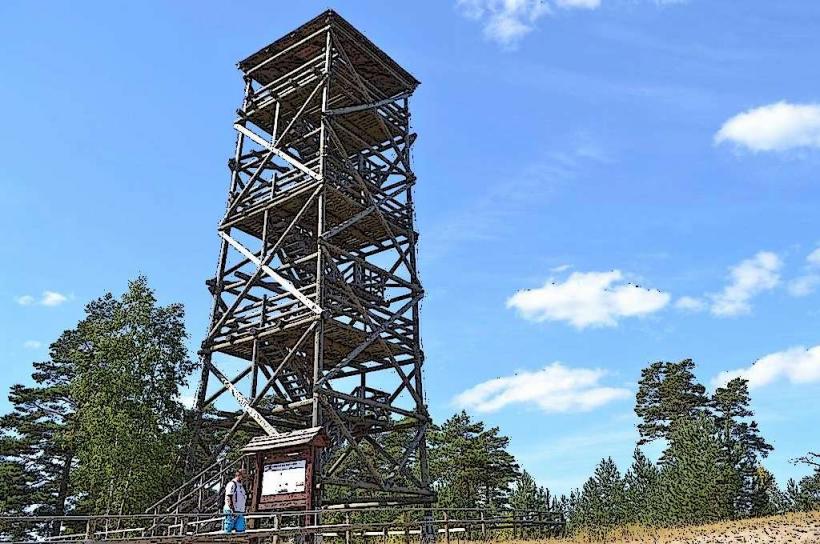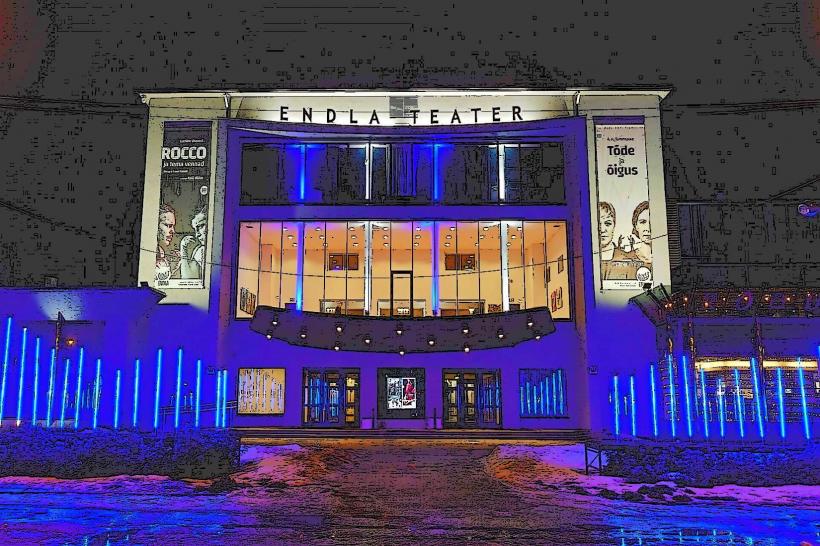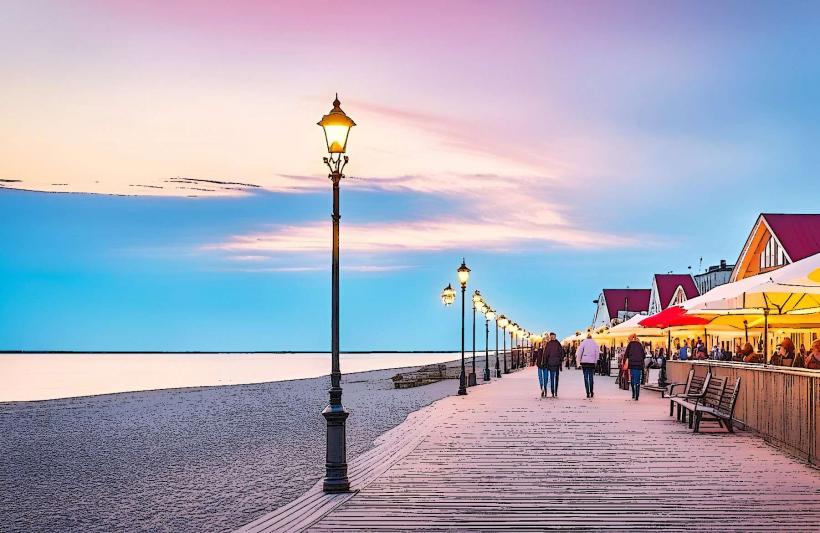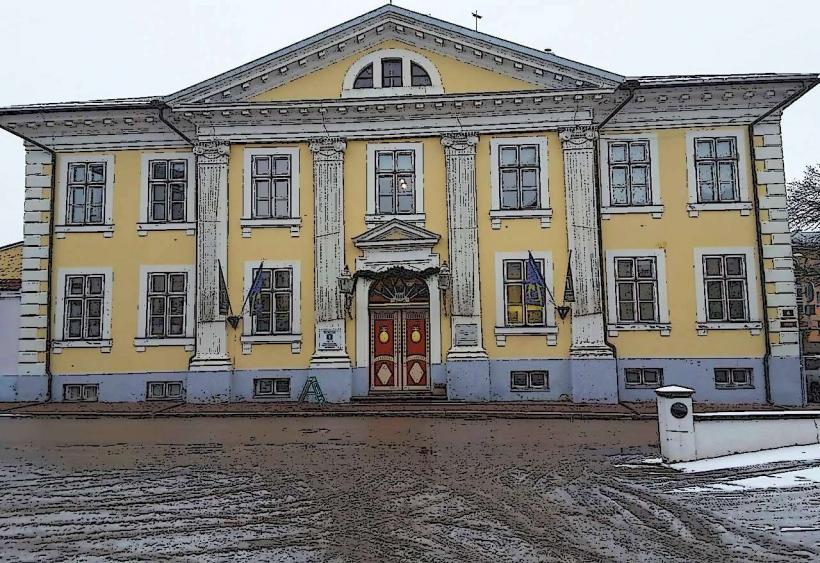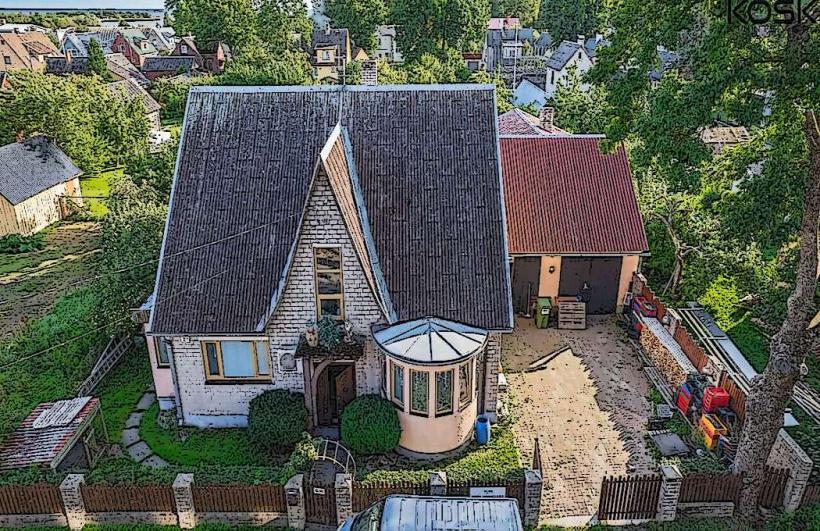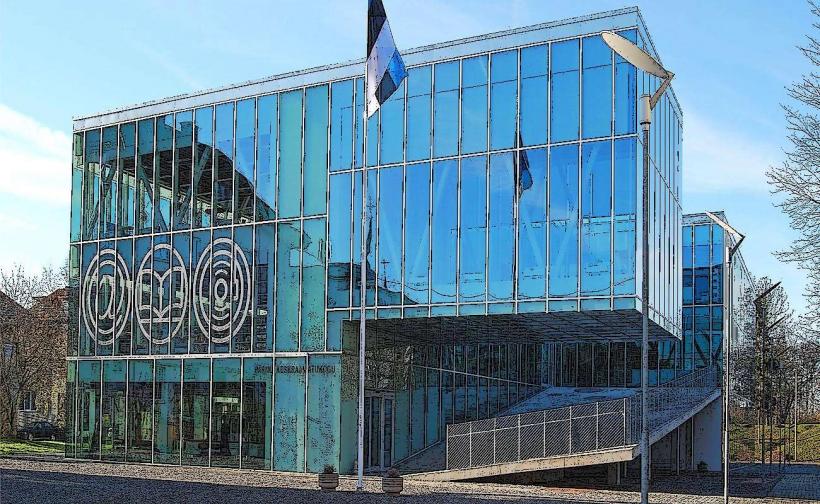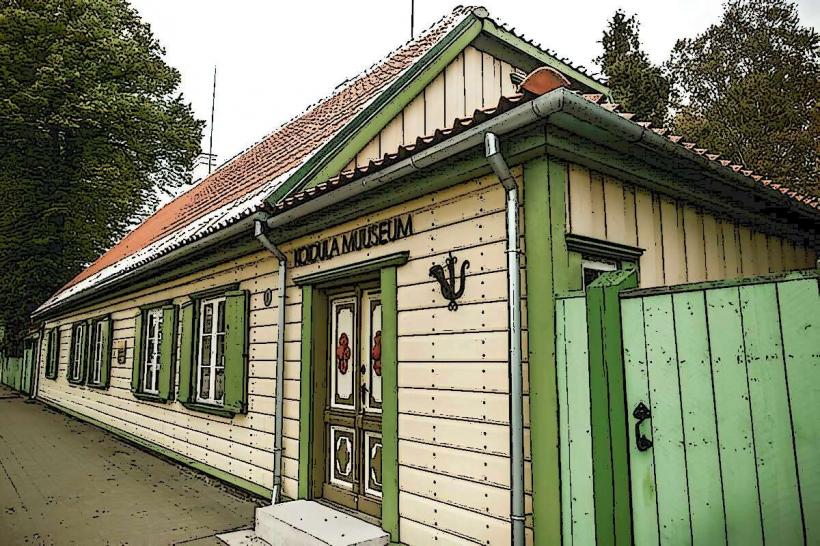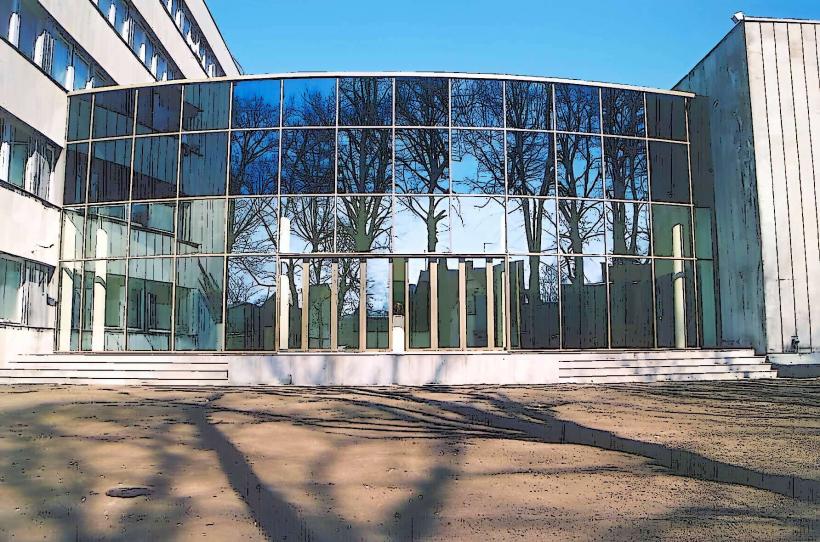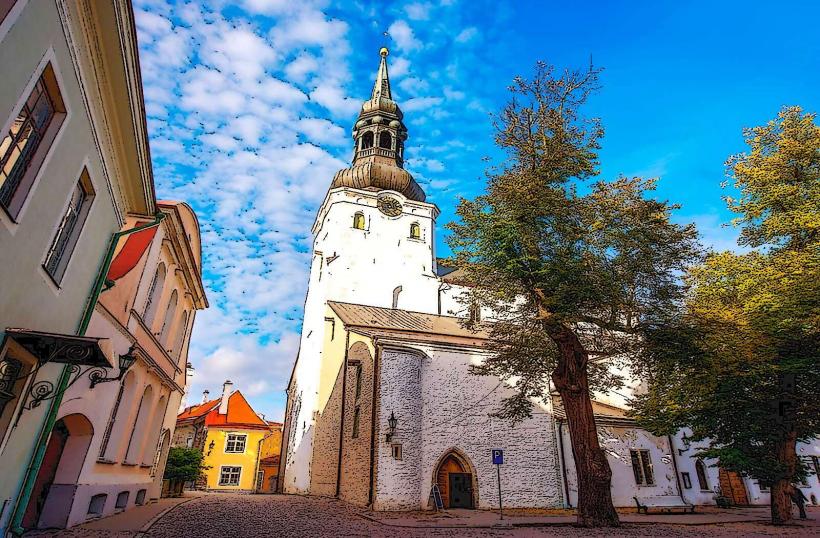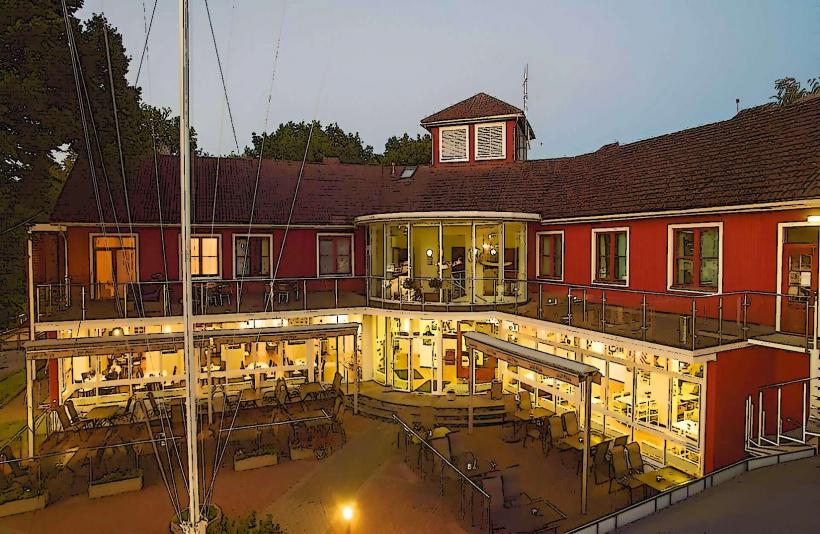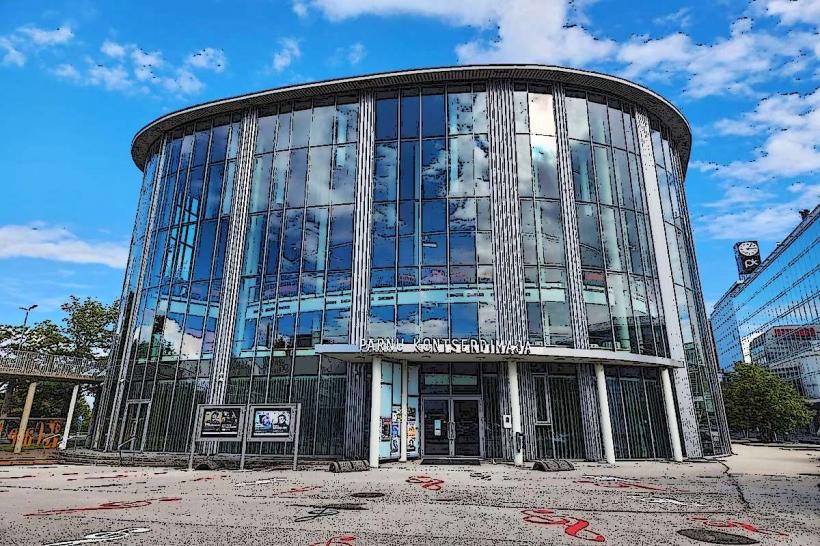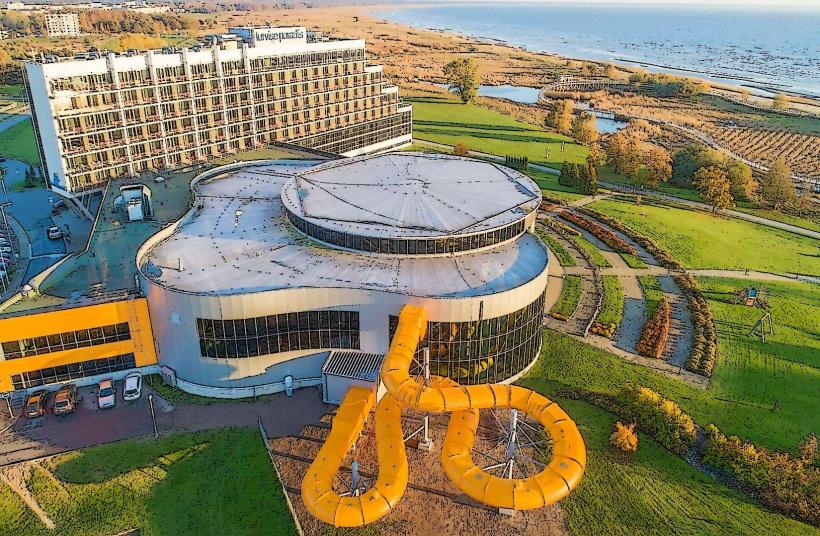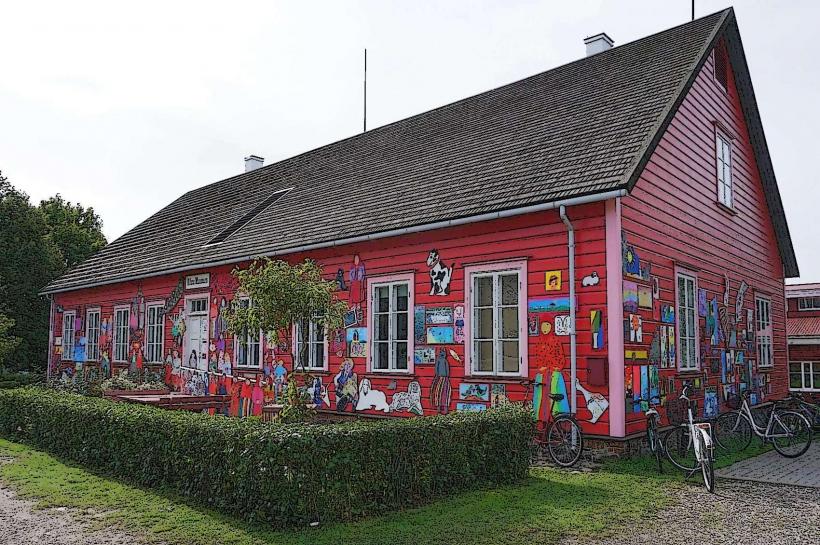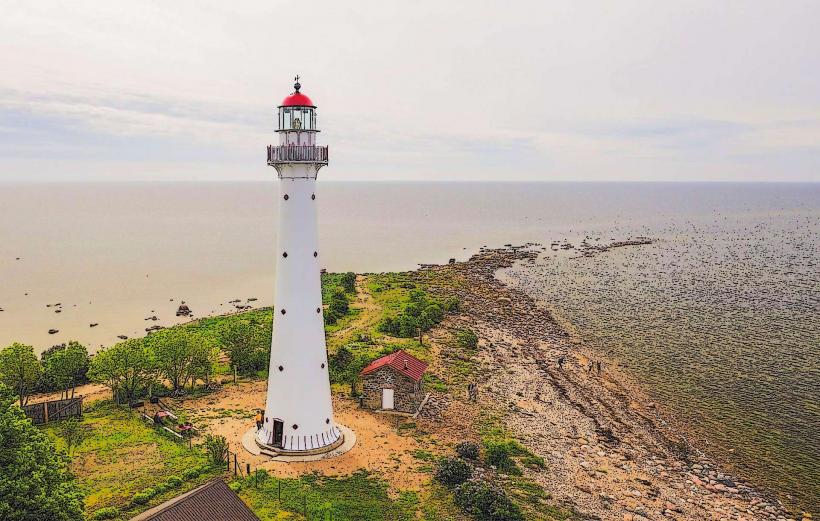Information
Landmark: Pärnu Town HallCity: Parnu
Country: Estonia
Continent: Europe
Pärnu Town Hall, Parnu, Estonia, Europe
Pärnu Town Hall (Pärnu Raekoda) is one of the most prominent and historically significant buildings in the city of Pärnu, Estonia. Located in the heart of the old town, it serves as an iconic symbol of Pärnu's rich history and civic life. Here’s a detailed look at the town hall:
1. Historical Significance
- Built in 1776: Pärnu Town Hall was constructed at the end of the 18th century, replacing an earlier building. It was built during the period of Swedish and Russian rule in the region, a time when Pärnu was an important trading and administrative center.
- Architectural Importance: The building is an example of Classicist architecture, which was popular in the late 18th century. It was designed by the architect Johan L. von der Brüggen, and it still stands as a remarkable example of that architectural style in Estonia.
2. Architectural Features
- Facade: The building has a symmetrical, neoclassical facade, with a large central entrance and a triangular pediment. It features classical columns and clean lines, typical of the period's architectural trends.
- Town Hall Tower: One of the most striking features of the Town Hall is its tall clock tower, which stands as a landmark in the city. The tower has been a guiding point for locals and visitors alike, symbolizing the city's administrative power.
- The Clock: The clock on the tower is a significant part of the town hall’s design, and it chimes every hour, marking the passage of time for the city’s residents.
3. Role in Civic Life
- Governmental Functions: Historically, the Town Hall served as the administrative and political center of Pärnu. It housed the local government and was the venue for council meetings.
- Present Use: Today, the Town Hall is still in use for civic purposes, although much of the building’s interior is open to the public and used for cultural events, exhibitions, and performances.
4. Interior and Cultural Space
- Public Spaces: The interior of Pärnu Town Hall has been carefully preserved, with elements of the original design still intact. The main hall features classical proportions, with decorative features that reflect the building's historical significance.
- Exhibitions and Events: The Town Hall frequently hosts cultural events, exhibitions, and public lectures. It also serves as a venue for concerts, making it a hub for local cultural life.
5. Location and Surroundings
- Market Square (Raekoja plats): The Town Hall is located at the edge of Pärnu’s central market square, known as Raekoja plats, which is a popular gathering spot for locals and tourists alike. The square has a lively atmosphere, with cafes, restaurants, and shops nearby.
- Nearby Attractions: The building is close to other significant landmarks in Pärnu, including the beautiful Parnu-museum_parnu" class="underline">Pärnu Museum, St. Catherine's Church, and the Pärnu River, making it an essential part of the city's historic center.
6. Town Hall Bell
- The bell in the town hall tower, which has a distinct, resonant sound, is another important feature of the building. It is often used in public ceremonies and celebrations, adding to the town's historical ambiance.
7. Renovations and Preservation
- Over the years, Pärnu Town Hall has undergone various renovations to preserve its historical character while updating its infrastructure for modern use. These renovations have ensured that the building remains an important part of the city's cultural and civic identity.
8. Tourism
- Visitor Experience: The Town Hall is a popular tourist attraction in Pärnu. Visitors can explore its exterior and, in some cases, the interior during special events or tours. The proximity to other historical sites in the area also makes it a key stop for those interested in learning more about Pärnu's past.
Pärnu Town Hall stands as a beautiful example of classical architecture, deeply intertwined with the city’s history and culture. Whether as a historical landmark or a vibrant cultural center, it continues to be a key symbol of Pärnu’s civic and architectural heritage.

